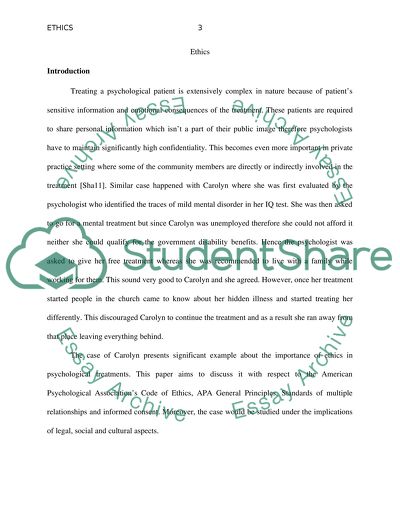Cite this document
(“Ethics Research Paper Example | Topics and Well Written Essays - 2250 words”, n.d.)
Ethics Research Paper Example | Topics and Well Written Essays - 2250 words. Retrieved from https://studentshare.org/psychology/1494934-ethics
Ethics Research Paper Example | Topics and Well Written Essays - 2250 words. Retrieved from https://studentshare.org/psychology/1494934-ethics
(Ethics Research Paper Example | Topics and Well Written Essays - 2250 Words)
Ethics Research Paper Example | Topics and Well Written Essays - 2250 Words. https://studentshare.org/psychology/1494934-ethics.
Ethics Research Paper Example | Topics and Well Written Essays - 2250 Words. https://studentshare.org/psychology/1494934-ethics.
“Ethics Research Paper Example | Topics and Well Written Essays - 2250 Words”, n.d. https://studentshare.org/psychology/1494934-ethics.


